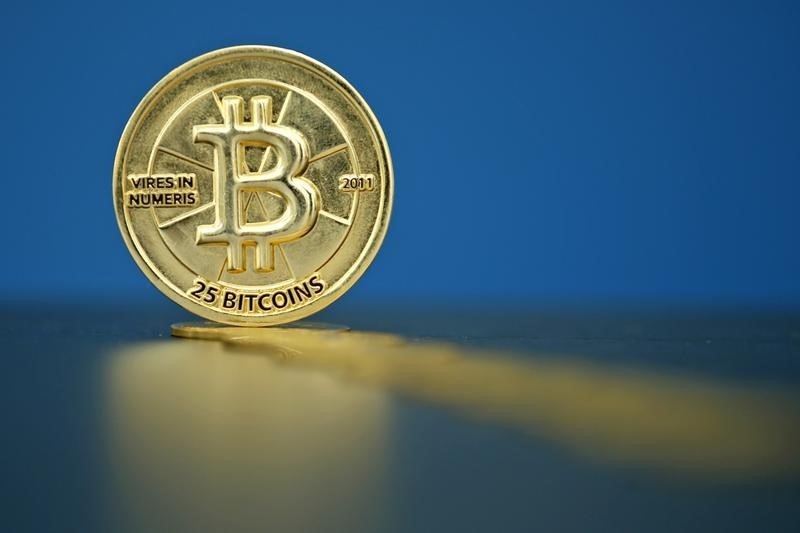Photo by mauro mora on Unsplash
This post contains sponsored advertising content. This content is for informational purposes only and is not intended to be investing advice.
Recently, Benzinga had the chance to sit down with the founding team of Seasonal Tokens, a novel cryptocurrency project based on the four seasons, and discuss a wide range of topics, here is the third segment:
To what extent does the success of the project depend on adoption?
“The goal of the project is to allow investors to gain more tokens over time through active investing, and this is already possible. Investors can trade tokens for more tokens of a different type today. There are miners and liquidity providers who operate profitably and keep the relative prices of the tokens in balance, close to their theoretical values based on the cost of production. So there's already an ecosystem that's large enough and stable enough for the tokens to fulfill their function.
If there's a lot of future adoption and many more people invest, it will push up the dollar prices of the tokens. That will increase the market cap, and liquidity, and the passive investing component of each investor's profit. Although that would be good for existing investors, it's not the purpose of the project and shouldn't be regarded as the criterion of success. The prices can't keep going up indefinitely, but the tokens can continue to be a good investment.”
How many tokens were distributed to the founders of the project, and what, if any, vestment/token lock schedule is in place for the founders?
“There were no tokens distributed to the founders or locked for them to receive in the future. When the project was first launched, there were no tokens created at all. Every token that exists has been mined using proof-of-work, and the record of the work is publicly visible on the blockchain. The project founders need to buy and mine the tokens like everybody else to acquire them.
With most token projects, the founders start off with a large number of tokens created at zero cost, and the success of the project depends on how well they manage the funds. Investors who buy these tokens are effectively giving money to the founders and relying on them to manage the project's finances successfully.
Seasonal Tokens are designed to put every investor on an equal footing. The founders don't have any special advantages, and investors don't need to rely on them to operate a business. The long-term economic value of the tokens comes from their increasing cost of production and the ability to get more tokens, not from an enterprise that brings in revenue.
So investors who buy Seasonal Tokens aren't betting that a business will succeed. They're buying commodities that they know will be harder to obtain in the future, and that will allow the investment to grow in value even if the prices don't rise over time.”
Click here to read Part 2.
Click here to read Part 1.
Stay tuned for the last segment of the FAQ, and learn more about Seasonal Tokens at seasonaltokens.org.
This post contains sponsored advertising content. This content is for informational purposes only and is not intended to be investing advice.
© 2022 Benzinga.com. Benzinga does not provide investment advice. All rights reserved.
